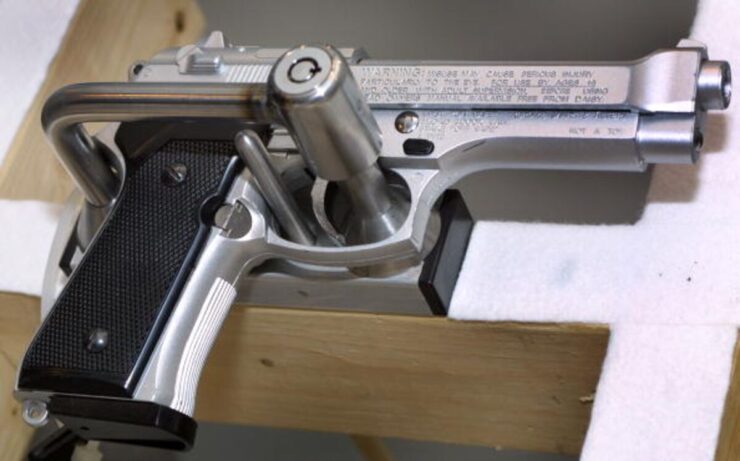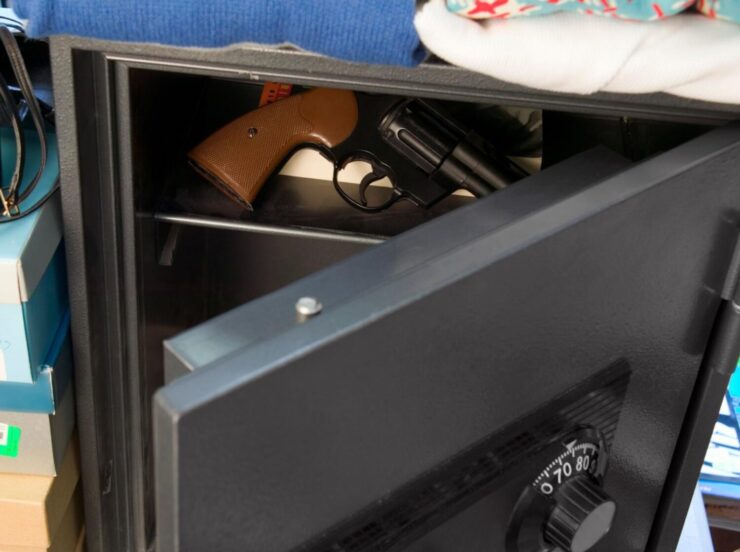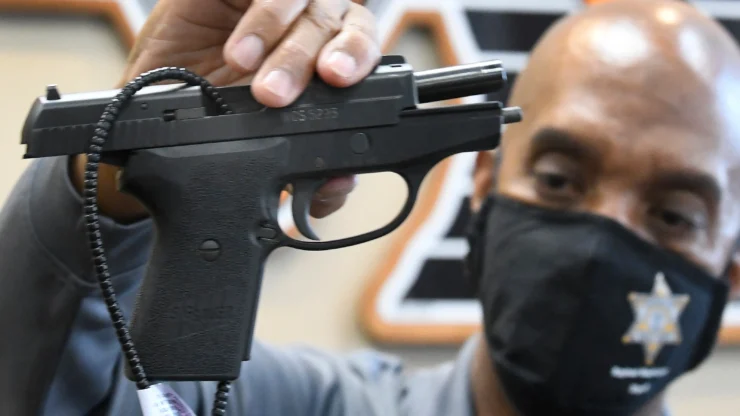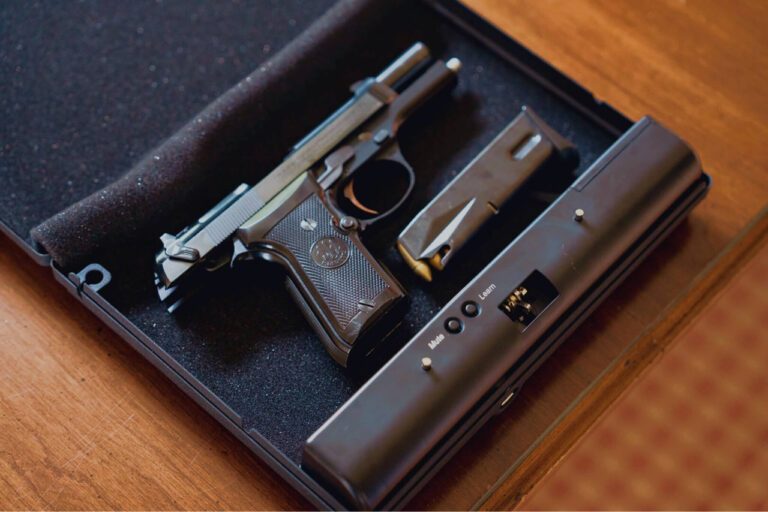Responsible firearm ownership is crucial for ensuring the safety of individuals and communities. To promote responsible ownership, various firearm storage laws have been enacted in the United States. In this blog post, we will delve into the intricacies of these laws and answer the question: are gun safes required? Let’s explore the nuances and obligations associated with firearm storage laws in the USA.
The Basics of Firearm Storage Laws

Firearm storage laws refer to the regulations that dictate how firearms should be stored and secured. These laws are designed to prevent unauthorized access, reduce the risk of accidents, and minimize theft and illegal use.
Laws vary across different states in the USA. While some states have stringent storage requirements, others may have more relaxed regulations. In addition to state laws, federal laws, such as the Child Access Prevention Laws, may also apply in certain cases.
Each state has the authority to establish its own storage laws. Consequently, the requirements can differ significantly from one state to another. Factors that can influence these variations include cultural norms, crime rates, and prevailing political views.
The Importance of Secure Firearm Storage
It plays a vital role in preventing unauthorized individuals, including children, from gaining access to them. Our expert advisors from Inkas Safes told us that by keeping them locked away in a secure manner, the risk of accidental discharge or misuse can be greatly reduced.
Proper storage ensures that they are not readily accessible to individuals who lack the necessary training or knowledge to handle them safely. By securely storing firearms, the likelihood of accidents caused by mishandling or negligent discharge is significantly decreased.
Stolen firearms often end up in the hands of criminals, posing a threat to public safety. By employing secure storage practices, gun owners can help reduce the likelihood of being stolen and subsequently used for illegal activities.
Differences and similarities between states
The variations laws across states can be significant. Some states require gun safes or locking devices to be used at all times, while others have more flexible regulations, particularly when the firearm is being carried on the person. It is important for gun owners to familiarize themselves with the specific storage laws applicable in their state.
Legal consequences for non-compliance Non-compliance with laws can lead to legal consequences. These consequences may include fines, loss of licenses, and potential criminal liability in cases where unauthorized access to firearms results in harm or injury.
Are Gun Safes Required?

While the use of gun safes may not be explicitly required in all states, they offer several advantages for firearm owners. Gun safes provide a secure and locked container specifically designed to store weapons. They offer protection against theft, unauthorized access, and damage from elements like fire or water. Additionally, gun safes can help organize and keep firearms in a designated and easily accessible location.
While gun safes are highly recommended for secure storage, there are alternatives available depending on individual circumstances. These alternatives can include lockboxes, trigger locks, and secure storage cabinets. It is important to research and comply with the specific storage requirements outlined in your state’s laws.
Some states do have specific requirements for gun safes. For example, State D may require gun safes to meet certain specifications, such as being resistant to tampering or meeting specific fire-resistance ratings. It is crucial to understand the specific regulations in your state regarding gun safes, if applicable.
Considerations for Safe Firearm Storage
When selecting a gun safe, there are several factors to consider. These include the size and capacity of the safe, the type of locking mechanism, the level of fire and water resistance, and the overall quality and reliability of the safe. It is recommended to choose a safe that meets or exceeds your state’s requirements and provides adequate protection for your firearms.
Once you have chosen a gun safe, it is essential to determine the optimal placement within your home. The safe should be located in an area that is easily accessible to you, but not easily visible or accessible to unauthorized individuals. It is advisable to install the safe in a secure, discreet location that is out of sight and away from high-traffic areas.
In addition to using a gun safe, there are supplementary security measures that can enhance the safety of firearm storage. These measures include installing an alarm system, using surveillance cameras, and reinforcing entry points to your home. Taking these extra precautions can provide an added layer of protection for your firearms and further deter unauthorized access.
Legal and Personal Liability
Civil liability in case of accidents or negligence If an unauthorized individual gains access to your firearms and causes harm or injury, you may be held civilly liable for negligence in some cases. It is crucial to comply with storage laws and take reasonable steps to prevent unauthorized access to your firearms to minimize the risk of accidents and potential legal liability.
Educating Others on Safety

Educating others about the importance of responsible firearm storage is crucial. By sharing information and promoting safe storage practices, we can help prevent accidents, reduce firearm-related crimes, and foster a culture of responsible firearm ownership.
Engaging with local communities and gun organizations can be an effective way to spread awareness about firearm storage laws and responsible ownership. Participating in community events, offering educational resources, and supporting initiatives that promote safe storage practices can make a significant impact in promoting responsible firearm ownership.
Training and education are key components of responsible firearm ownership. Encouraging gun owners to seek proper training on safe handling, storage, and usage of firearms can significantly reduce accidents and ensure compliance with storage laws. Emphasizing the importance of ongoing education and training can help create a culture of responsible firearm ownership and promote safer communities.
Conclusion
Understanding laws in the USA is essential for responsible gun ownership. While gun safes may not be explicitly required in all states, they offer numerous advantages in terms of security and protection. It is important to familiarize yourself with the storage laws specific to your state and comply with the regulations to minimize the risk of accidents, unauthorized access, and firearm theft. By prioritizing safe storage practices, engaging in education and training, and promoting responsible firearm ownership, we can collectively contribute to a safer society.

